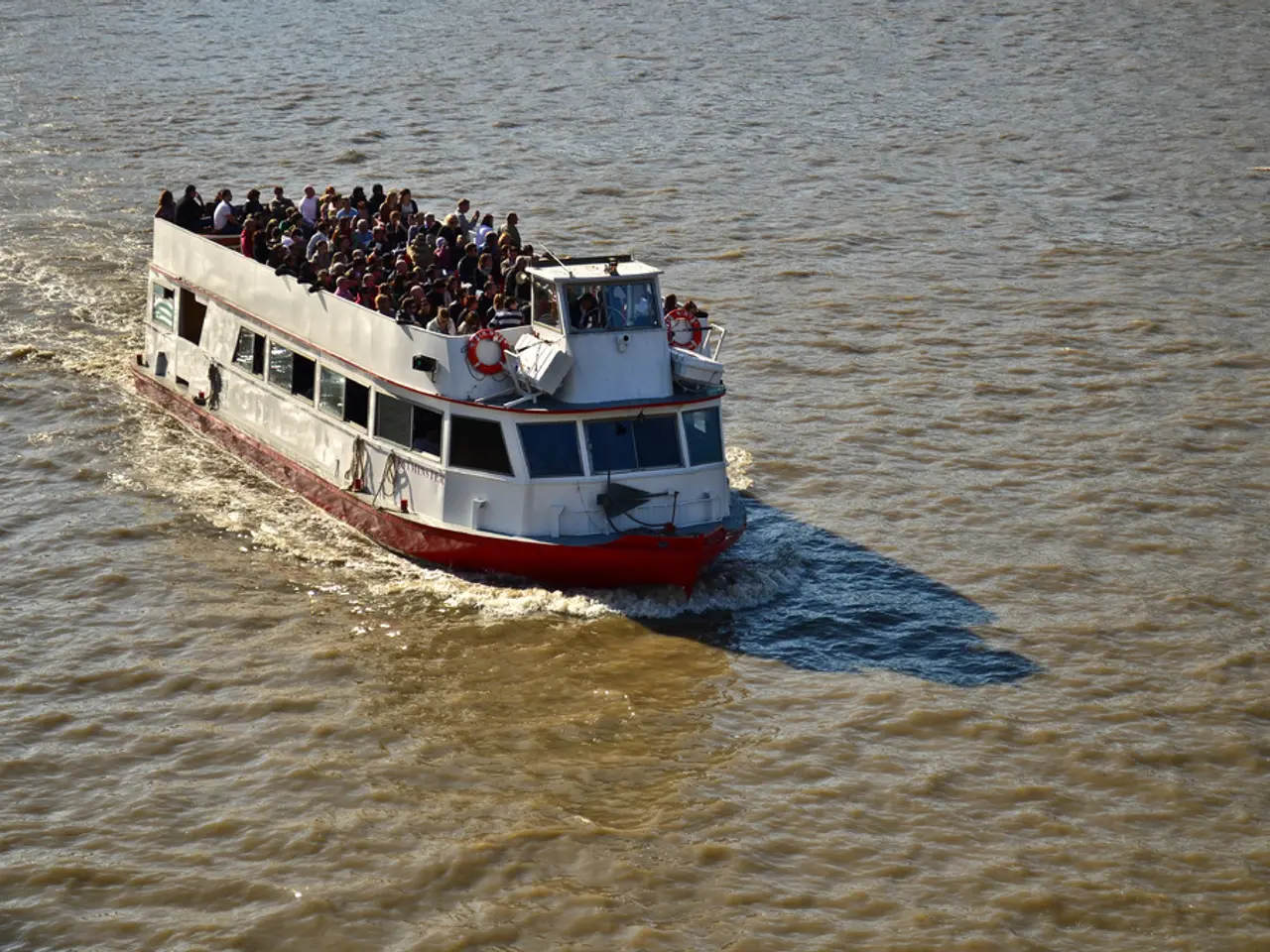Updated Configuration for MGN 481: Crew Accommodation and Additional Directions
In the bustling world of the maritime industry, various entities play crucial roles. Shipowners oversee the operation of commercial ships, while ship operators manage the day-to-day activities. Masters command as the commanding officers, and officers are senior crew members responsible for specific functions like navigation, engineering, and deck operations. Employers hire seafarers who are the workers on seagoing ships, ordinarily engaged in commercial operations.
For seafarers, a set of stringent regulations ensures their welfare and rights. The Merchant Shipping regulations, the Maritime Labour Convention (MLC), and related regulations such as the 2014 S.I. 2014/1613 and MSN 1844 (M) have established minimum requirements.
Firstly, the minimum age for employment on board vessels is set at 16 years, and all seafarers must be medically fit to serve. They must also undergo mandatory training and certification aligned with international conventions like STCW (Standards of Training, Certification and Watchkeeping). Specific roles such as Electro-Technical Ratings require certification per the Merchant Shipping (STCW) Rules, 2014, as amended.
Secondly, shipowners, masters, and employers must ensure the health and safety of seafarers and others onboard. This includes health surveillance where risks are identified, a health and safety policy, and training on safe working practices and emergency procedures. For vessels with five or more seafarers, safety committees must be established, including representatives from all departments, with protections and training provided for safety representatives.
Thirdly, regulations specify minimum standards for accommodation spaces, ensuring privacy and comfort. For larger ships (500 gross tonnage or more), senior officers must have adjoining sitting or day rooms in addition to sleeping rooms.
Fourthly, the MLC establishes minimum working and living standards for seafarers, including requirements for records of conditions on board for vessels operating in various area categories.
Lastly, yacht builders specialize in constructing luxury yachts, adding a touch of opulence to the maritime industry.
In summary, these regulations collectively mandate age and fitness criteria, certification for specific roles, comprehensive health and safety measures, proper accommodation standards, and enforcement of minimum working/living conditions to ensure the welfare and rights of seafarers. These regulations provide a robust framework for the maritime industry, ensuring the safety and well-being of those who navigate its waters.
References:
[1] Merchant Shipping Act updates [2] STCW rules for certification [3] Health and safety guidance under MSN 1844 (M) [4] S.I. No. 369 of 2025 [5] The Maritime Labour Convention-derived statutory instruments like S.I. 2014/1613 and its amendments.
- To safeguard the health and well-being of seafarers, regulations mandate rigorous safety measures, including health surveillance, health and safety policies, and training on emergency procedures.
- Additionally, the health and wellness of seafarers is prioritized in the maritime industry through the implementation of minimum working and living standards, proper accommodation, and strict adherence to regulations regarding fitness, certification, and age.




